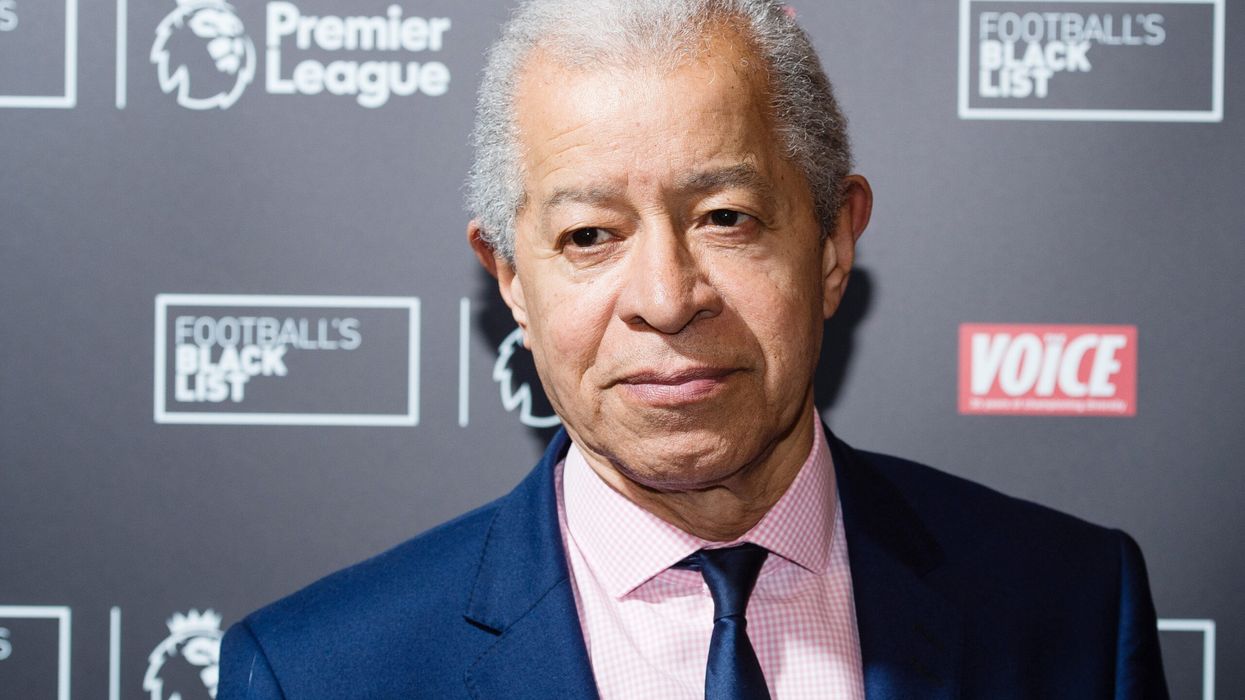LORD Herman Ouseley, founder of the anti-discrimination charity Kick It Out, who worked to combat racism and discrimination in football, has died at the age of 79 after a short illness.
The news of his passing was announced by Kick It Out through its official X account.
"We are deeply saddened to hear about the passing of Lord Herman Ouseley after a short illness," the charity's statement read. "Lord Ouseley was a titan in tackling discrimination in football over the 25 years he was chair of Kick It Out, having founded Let's Kick Racism Out of Football in 1993."
We are deeply saddened to hear about the passing of Lord Herman Ouseley after a short illness.
Lord Ouseley was a titan in tackling discrimination in football over the 25 years he was chair of Kick It Out, having founded Let’s Kick Racism Out of Football in 1993. He was also a… pic.twitter.com/qWNZTcbDEJ
— Kick It Out (@kickitout) October 3, 2024
The statement also highlighted his role as a strong advocate for under-represented and disadvantaged communities, stating that he "will be sorely missed."
Kick It Out acknowledged Lord Ouseley's impact on football, crediting him with bringing about structural changes in the sport's fight against racism. "We owe him a huge debt of gratitude and vow to continue that legacy for the benefit of future generations."
The Football Association (FA), BBC reported, paid tribute to Lord Ouseley with a statement that read: "We are extremely saddened to hear about the passing of Lord Herman Ouseley.
"He was a trailblazer in English football, having the original vision for Kick It Out. He played a hugely inspirational role in tackling discrimination across our game."
Lord Ouseley chaired Kick It Out for 25 years, beginning with its launch in 1993 as the campaign Let’s Kick Racism Out of Football. According to The Guardian, he never received any financial compensation for his work with the charity.
The former footballer and anti-racism campaigner Troy Townsend paid tribute to Ouseley on X, saying: “No one told the truth like Herman told the truth. I owe you a debt of gratitude for everything you did for me, for football & society. May your pain be no more."




